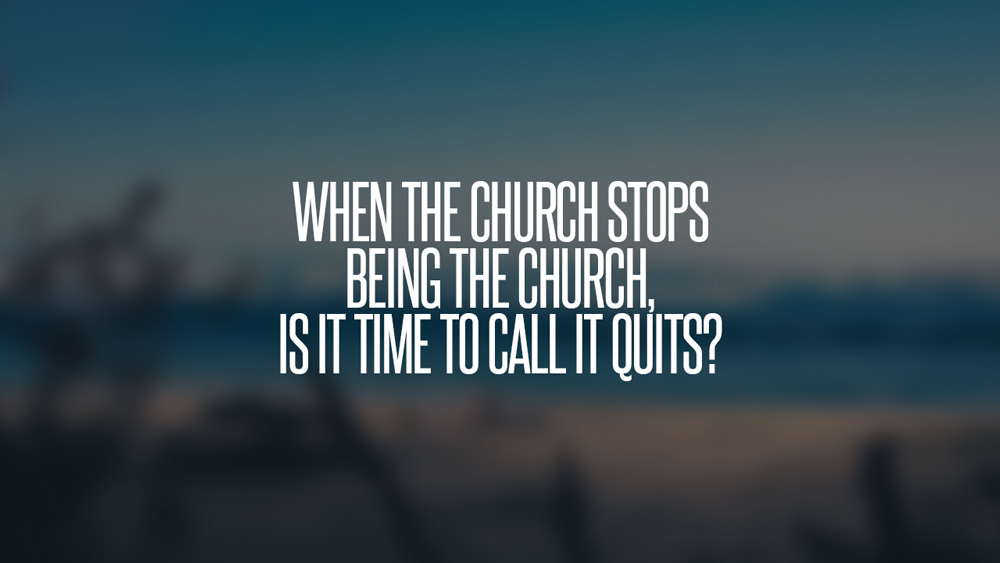As easy as it is to explain the mission of the church, nailing down a pastor’s job description is much the opposite. It’s no easy task, as I’m sure we can agree, especially when the role of pastor is up for debate by a local body. It is unfortunate that church members can weight in on such matters but indeed it happens all too often. Instead of narrowing the role of a pastor by examining scripture, we form committees. Salary is negotiated. Expectations, although unrealistic at times, are agreed upon. And a job description is written.
The gritty truth Dr. Ruth Truman lays out in her book, Underground Manual for Ministers’ Wives and Other Bewildered Women, is painfully beautiful but beautifully accurate: “Some people believe there are three kinds of people in the world: men, women and ministers. The latter, by this definition, are sexless, sinless entities more filled with Spirit than spirits who go through life with blinders that shield them from all the vicissitudes of worldly struggles. It’s unreal, but that’s his job description: unreal.”[3]
One of the most important aspects of a pastor’s role is that he or she, as MinistryMagazine.org states, serves “as ambassador of the church to the community.”[4]
Obviously, if the church is a fortress, having an ambassador, a champion of the local church, is pointless. The walls are high. The gate is closed. No one is coming in and no one is getting out. Therefore the pastor is forced to abandon his role as ambassador and, as a repercussion of the situation, feels he is neglecting that which he is ultimately responsible for.
In my opinion, there are two options this dying church has at this point:
1) QUIT.
Call it quits. Stop meeting. Sell your building. Sell the organ.
Many churches in this situation, whether knowingly or unknowingly, are rejecting new visitors, hindering staff from fulfilling the call of God on their lives, and creating a beautiful environment for members to rip one another apart.
If you’ve stopped being the church, then stop being a church.
2) QUIT IT.
I mean there really are only two options.
Either these churches need to quit operating as a church or they need to quit acting as a fortress and adjust themselves for significant change.
But how does a church do that?
By brutal, honest admission of fault. By repentance. By removing destructive individuals from their leadership positions. By relinquishing control. By merging with another congregation. By hiring a new pastor whom you give support and encouragement and allow him to lead. By opening your arms to the community. By total surrender and obedience to the will of God.
After exploring six ways in which a dying church can find new life, Thom Rainer ends his blog post by saying “Most readers likely understand the low likelihood of such a transformation taking place. It is so rare that, when it happens, it is often given the name “miracle.” But we serve the God of miracles.”
_______
[1] Thom Rainer, Autopsy of a Deceased Church: 12 Ways to Keep Yours Alive, pg 27
[2] Billy Graham, Peace with God, pg 228
[3] Ruth Truman, Underground Manual For Ministers’ Wives (And Other Bewildered Women), pg 26



Earl Middleton
You ask a provocative question and offer bold solutions to an historically vexing problem. But I think your question answers itself. When a local church stops being the church it has already called it quits. The glory has departed, ‘ichabod’ has been spray painted across the front doors, and it is a church in name only, not truth and practice. While this might be the reality of too many local congregations God never leaves Himself without a witness in the earth. There will always be a remnant of believing communities earnestly contending for the faith once delivered to the saints, and Jesus WILL accomplish what he set out to do: build a church that will obliterate the gates of hell.